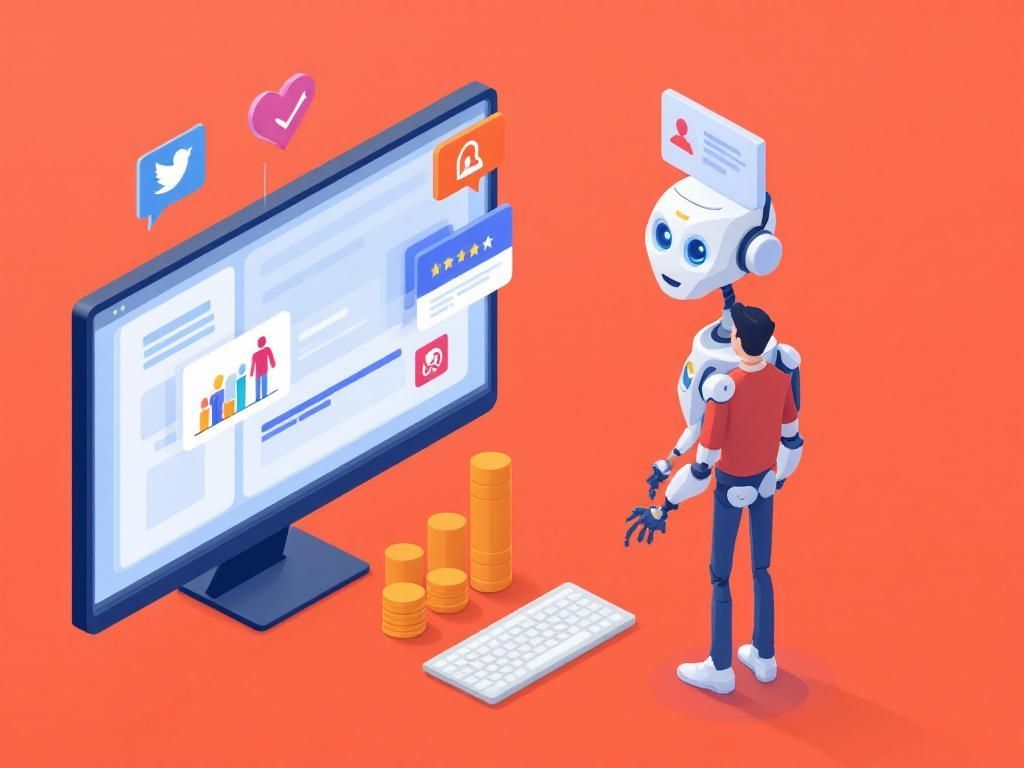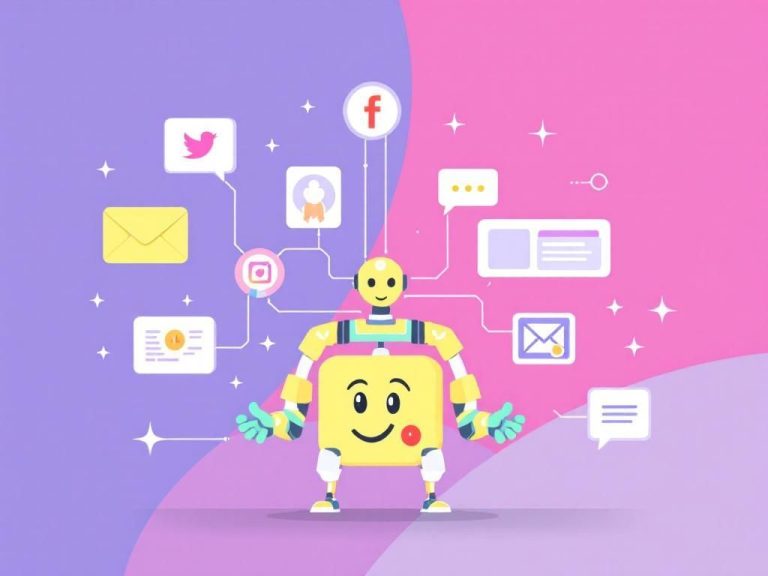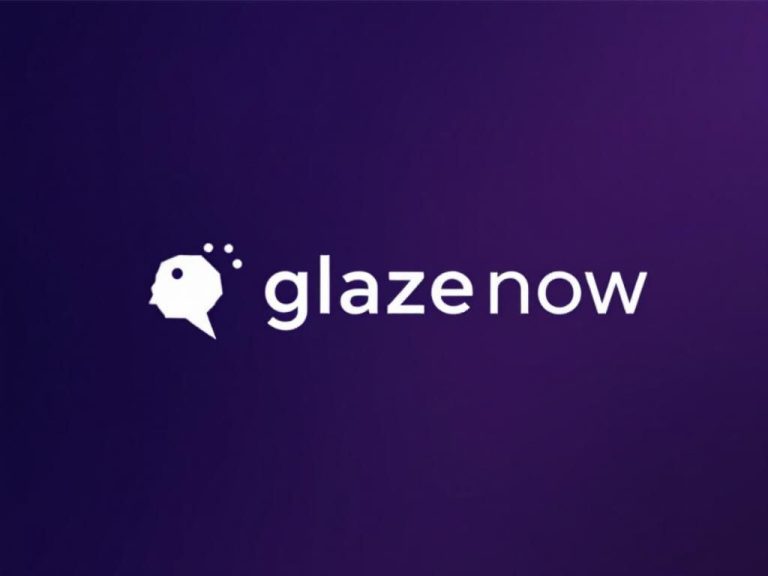Social media platforms have become integral to our daily lives, offering spaces for connection, sharing, and the exchange of ideas. However, with their rapid growth, the challenges of maintaining a safe and respectful environment have also escalated. Users are often faced with negativity, harassment, and disinformation. In this landscape, artificial intelligence (AI) is emerging as a powerful ally for social media companies, providing tools to enhance moderation processes, ensuring a more pleasant experience for users. This article delves into the application of AI in moderating social platforms, exploring its benefits, challenges, and future potential.
The Role of AI in Content Moderation
AI-driven moderation is revolutionizing how content is monitored on social platforms. It employs advanced machine learning algorithms to analyze, filter, and manage user-generated content efficiently. The primary functions of AI moderation include:
- Automated Content Filtering: AI algorithms can quickly scan and filter out harmful content, such as hate speech, graphic violence, or adult material.
- Sentiment Analysis: AI can assess the emotions behind posts and comments, helping platforms identify potential harassment or bullying.
- Spam Detection: AI systems can discern between genuine user contributions and spammy content or bots.
- User Behavior Analytics: AI monitors user interactions to identify patterns that may signal problematic behavior.
Benefits of AI Moderation
The integration of AI in social media moderation presents numerous advantages that enhance user experience and platform integrity:
1. Scalability
As the number of users and content grows exponentially, AI systems can handle vast amounts of data in real-time, something human moderators cannot achieve alone. This scalability ensures that platforms can maintain quality control over user interactions.
2. Efficiency
AI moderation tools can analyze content at lightning speed, significantly reducing the time taken to review posts. This enables platforms to take prompt action against harmful content.
3. Consistency
Human moderation can be subjective and inconsistent. AI systems apply uniform criteria across all content, ensuring that moderation decisions are consistent and fair.
4. Cost-Effectiveness
By automating routine moderation tasks, platforms can reduce the need for large teams of human moderators, leading to considerable cost savings.
Challenges of AI Moderation
Despite its benefits, implementing AI in content moderation does come with challenges:
1. Misinterpretation of Context
AI systems can often misinterpret context, leading to false positives or negatives. For example, sarcasm, humor, or cultural nuances can be challenging for AI to analyze accurately.
2. Ethical Concerns
There are ongoing debates regarding privacy and the ethical implications of AI monitoring user content. Striking a balance between moderation and surveillance is crucial.
3. Continuous Learning Requirements
AI systems require constant updates and training to adapt to new languages, slang, and evolving user behavior. This necessitates ongoing investment in technology and resources.
4. Dependence on User Reports
While AI can automate much of the moderation process, user reporting remains essential. Some harmful content may go unnoticed without user feedback.
Real-World Applications of AI Moderation
Many leading social media platforms have integrated AI moderation tools to enhance user safety and experience:
1. Facebook
Facebook utilizes AI to identify and remove hate speech and other harmful content. Their systems are trained with vast datasets, allowing for rapid detection of policy violations.
2. Twitter
Twitter employs machine learning algorithms to combat harassment and abusive behavior, warning users or limiting their accounts as needed.
3. YouTube
YouTube’s AI moderation system scans videos for inappropriate content, flagging them for human review. This helps maintain community guidelines and content quality.
Future Trends in AI Moderation
The future of AI moderation on social platforms looks promising, with ongoing advancements in technology expected to enhance its effectiveness:
1. Improved Natural Language Processing (NLP)
Enhanced NLP will enable AI to better understand context, sarcasm, and cultural references, leading to more accurate content assessments.
2. Enhanced User Feedback Mechanisms
Integrating user feedback into AI systems can help refine algorithms and improve accuracy over time, creating a more user-responsive moderation approach.
3. Hybrid Moderation Models
Combining AI with human moderation could lead to a more balanced approach, leveraging the strengths of both to optimize content management.
4. Transparency and Accountability
Future platforms may adopt more transparent AI moderation policies, allowing users to understand how their content is being managed and the criteria used for moderation.
Conclusion
The integration of AI moderation in social platforms marks a significant step towards creating a safer online environment. While challenges remain, the potential benefits outweigh the drawbacks, paving the way for innovative solutions. As technologies evolve, social media companies must prioritize ethical considerations, user inclusivity, and transparency to ensure they harness AI responsibly and effectively. The future of social platforms lies in striking the right balance between technological advancement and human values, ultimately enhancing the digital landscape for everyone.
FAQ
What is AI moderation in social platforms?
AI moderation refers to the use of artificial intelligence algorithms to automatically monitor, filter, and manage user-generated content on social media platforms. It helps in identifying inappropriate or harmful content more efficiently.
How does AI moderation improve user experience on social media?
AI moderation enhances user experience by quickly removing toxic content, reducing spam, and ensuring that interactions remain respectful and safe, leading to a more positive community atmosphere.
Can AI moderation replace human moderators?
While AI moderation can greatly assist in content management, it is not a complete replacement for human moderators. AI lacks the nuanced understanding of context that human moderators provide, making a combined approach most effective.
What are the benefits of implementing AI moderation on social media platforms?
The benefits include faster content review, scalability in managing large volumes of posts, reduction of harmful content, and the ability to focus human moderators on more complex moderation tasks.
Are there any challenges associated with AI moderation?
Yes, challenges include potential biases in AI algorithms, the risk of misclassifying content, and the need for ongoing training to adapt to new forms of communication and slang.
How can social media platforms ensure ethical AI moderation?
Social media platforms can ensure ethical AI moderation by implementing transparent algorithms, regularly auditing AI systems for bias, and incorporating user feedback to improve moderation processes.




